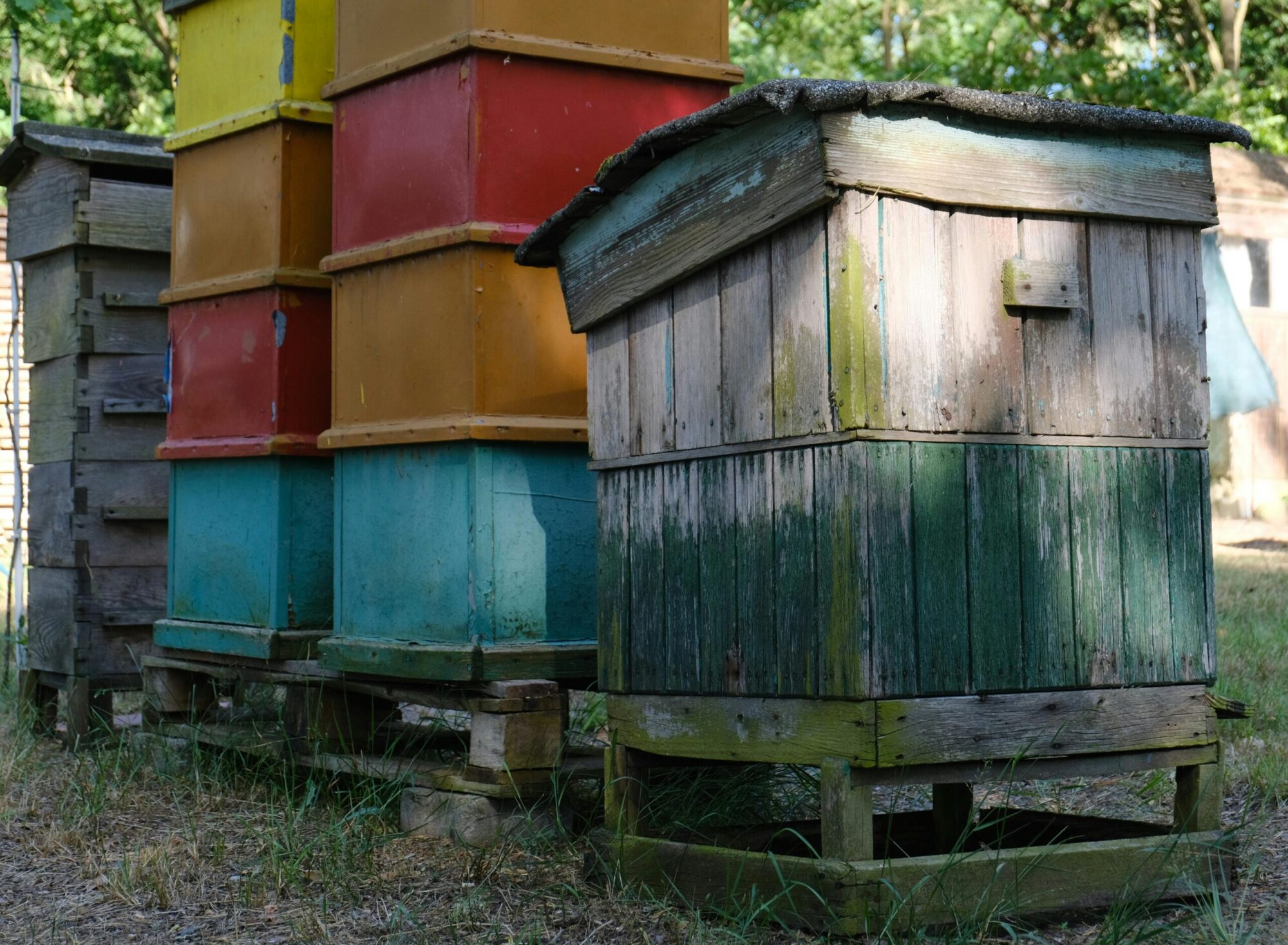1. Introduction: The Smallest Livestock with the Biggest Impact 🐝
When you think of leasing, you might think of cars or property. But what about leasing a colony of 50,000 tiny workers that are essential for our food supply? Commercial beekeeping and pollination services are a vital part of European agriculture. For a passive investor, owning beehives and partnering with a professional apiarist to lease them out is a truly unique, eco-friendly, and sweet source of income.
2. The Business Model: Pollination-as-a-Service
Many of Europe’s most valuable crops—almonds in Spain, apples in France, berries in Poland—are dependent on bees for pollination. Large commercial farms need far more bees than exist naturally in the area. This is where commercial beekeepers come in. They transport their hives to the farms during the short flowering season and charge the farmer a rental fee per hive.
3. Your Role as the Passive Hive Owner
You are not a beekeeper. You are the asset owner.
- You (The Investor): Provide the capital to purchase the physical assets: the beehives, the frames, and the bee colonies themselves.
- The Operating Partner (A Professional Apiarist): This is an experienced beekeeper who manages your hives. They handle all the complex work: feeding the bees, managing their health, transporting them to farms, and extracting the honey.
- The Partnership: You and the apiarist sign an agreement to split the revenue generated from pollination contracts and honey sales.
4. The Dual Income Streams
This model generates income from two sources:
- Pollination Fees (The Primary Income): This is the fee charged to farmers for the pollination service. It provides the most predictable income, as contracts are often signed a year in advance.
- Honey Sales (The Bonus Income): After the pollination season, the bees produce honey. The sale of this honey provides a secondary, “bonus” stream of income. The value can vary greatly depending on the type of honey (e.g., Lavender honey from Provence).
5. Why This is a Sustainable and Growing Market in Europe
- Declining Wild Bee Populations: The decline of wild pollinators has made commercial pollination services more critical than ever.
- High-Value Crops: Europe is a major producer of high-value, pollinator-dependent crops.
- EU Agricultural Policy: There is strong political and consumer support for sustainable agriculture and biodiversity, which benefits the beekeeping industry.
6. The Financials: A Breakdown
- Cost per Hive: A complete, healthy hive can cost a few hundred Euros to establish.
- Pollination Revenue: A single hive might be leased for €50 – €150 for a single crop’s flowering season. A beekeeper can often move hives to pollinate 2-3 different crops per year.
- Honey Revenue: A hive can produce 20-40 kg of honey, which can be sold wholesale or retail.
- Your Share: After deducting the apiarist’s share and operational costs (transport, feed), the remaining profit is your passive income.
7. Finding a Professional Apiarist to Partner With
This is the most crucial step. You need a partner with a strong reputation and a commercial mindset.
- Beekeeping Associations: National and regional beekeeping associations in countries like Spain, France, or Italy can be a great place to find established commercial beekeepers.
- Agricultural Cooperatives: Co-ops for almond or fruit growers often have relationships with the best pollination service providers.
8. The Passive Nature of the Investment
Once you have purchased the hives and have a solid legal agreement with your apiarist partner, your work is done. The apiarist handles all the complex, year-round work of keeping the colonies healthy and productive. You receive an annual report detailing the pollination contracts fulfilled, the honey yield, and your share of the profit.
9. Risks: Colony Collapse, Disease, and Weather
- Colony Collapse/Disease: The biggest risk is losing a hive to disease (like the Varroa mite) or “colony collapse disorder.” A good apiarist uses integrated pest management to minimize this risk.
- Weather: A late frost can kill the blossoms on a crop, causing the farmer to cancel the pollination contract.
- Theft: Beehives can be stolen, so they must be kept in secure locations. Insurance is important.
10. A Truly ESG-Friendly Investment
This is an investment with a direct, positive environmental impact. By funding the health and growth of bee colonies, you are directly supporting biodiversity and the security of our food supply.
11. The Partnership Agreement
The contract should be very clear on: ownership of the hives and the bees, how costs are split, the revenue share for both pollination and honey, and what happens if hives are lost.
12. Final Thoughts: A Sweet and Sustainable Return
Investing in beekeeping hives is a tangible, fascinating, and unconventional way to generate passive income. It’s a bet on the indispensable role of pollinators in our ecosystem. It requires finding a trustworthy and skilled partner, but it offers a return that is not only financial but also beneficial to the planet.
